By Pat Rothchild

They buddied up and set about eating bugs and grasses. Around horses, there are usually plenty of flies. Some, like bot flies, can cause serious internal parasites. Others, like black flies, cause topical sores and spread a host of diseases. Ticks are a major health risk for people and horses in grassy woodland areas of northern California.
Chickens devour these troublesome parasites. After a few weeks of hosting our new friends, we noticed that there were no more bot-fly eggs on our horses. A burst of rain didn’t produce the usual tick problem and we haven’t seen a black fly around the horses since last summer. All we did was to provide the chickens a little scratch and access to clean water. They found their own shelter and made their way into our hearts with their sweet trills and quivers of excited anticipation when they saw us.
I was first introduced to the symbiotic relationship between chickens and horses as a child. Chickens were an important part of the ecosystem of the first, and so far, the best stable I have engaged with. Chickens and horses bring one another important psychological and social support, as well as physical protection. The chickens protect the horses from insects. The horses help protect the chickens from their many predators. With horses around, it’s unlikely that raccoons or foxes will carry them off. This is especially true if there are also dogs on site who have been shown that the chickens are their responsibility to protect. They will.
But not because we force the issue. Herd, pack and flock members can easily be blended into a seamless whole. But it requires conscious humans around to support dogs to get that these chickens are their chickens. “We’re one tribe here” is a concept few herd, pack or flock animals resist, when it’s presented well.
Teaching Dogs To Protect Chickens
Dogs just need a bunch of positive reinforcement when they approach the chickens calmly. That may look like playing and praising them at a safe distance from the chickens, then gradually move them in closer and play some more. Anytime the dogs show the slightest aggression toward the chickens, they are removed and isolated for a few minutes. Then, do it again from the distance at which they played safely, but in sight of the chickens. Each day, work on it some more. Always end the training session on a positive note. Never punish a dog more than isolating it for a few minutes. It doesn’t work and leaves a mess of trauma in its wake. The dogs and chickens will get it. You just have to be patient and careful.
There are few breeds that can’t be trained this way. Huskies can’t. I’m not certain that some breeds of terriers can make that leap either. With most breeds, most problems that come up are the result of training errors on the part of the humans involved. It needs to be systematic, consistent and complete. Remember, you’re working with a natural tendency for species to cooperate. When you let the dogs have their eggs, after the chickens go down for the night, the dogs feel like they’re directly benefitting from the arrangement. This is important. Critters deal with here and now reality.
Eventually, the owner of the property complained that the chickens were defecating on his tractor. He informed us that he was going to kill them. We told him of all the benefits that we and our horses were enjoying, but he was not dissuaded. We brought the chickens home and put them in a small, fenced yard with a disused storage shed. Since there is a high concentration of predators on my property, cats, dogs and a wide range of wild predators that pass through regularly, we decided the hens needed the protection of the shed at night. For the next few weeks, they ate down the overgrown weeds in the yard, feasted on fallen apples and generally cleaned up their area, which had overgrown before their advent. Then I began to give them a few hours a day in the cats’ larger yard. They’ve functioned like a weed whip around the perimeter of the house and fence. In the center area of the yard, which grows a lush combination of wildflowers, weeds and grasses, they’ve aerated the ground with their scratching and eaten down countless troublesome weeds before they went to seed.
Our little flock provided one or two eggs a day and countless heart opening moments. They greeted us with enthusiastic chortles and wiggles. There are few things in this world sweeter than the sounds of hens saying hello. They’re cooperative, friendly and peaceable as they go about their business of eating varmints and greens. The soils in our yards have already improved from the aeration and fertilizer they contribute. Their feed and bedding cost less than the wholesome eggs they provide. The only slightly yucky part of sharing life with them is cleaning their shed. We do that weekly, so the spent straw we give them for bedding is an excellent addition to our compost heap. With this frequent cleaning schedule, we’re not troubled with foul odors. Though we’d have loved to have them back with the horses, we learned what a useful and enjoyable addition they make to our home.
Whenever I overheard their conversations, my heart opened. I wonder how we humans devolved to the point of being so rude to these wondrous creatures. Spent hens are regularly tortured in the agricultural world. If they’re not dispatched for their meat, they’re often just buried alive. Why not give them landscaping and pest-control jobs instead? While you’re enjoying their services, I guarantee that they will provide you with countless aha moments.
One caution though: if you grow produce, it’s important to put up a barrier. They enjoy the same veggies we do. Another thing, wash well after handling them. They are prone to many infectious diseases that we are vulnerable to.
Sadly, two of those chickens were eaten by the local fox one bright afternoon while they were in the fenced cat yard. At that time, the dogs on the property were all Huskies, so the chickens had no support in their area that could take on a fox. It was an ugly drama. I found a lovely and far safer spent hen home for Matilda, the survivor. I wouldn’t try to keep chickens and cats without the help of dogs and/or horses to help protect them again.
Every plant and animal I’ve taken the time to know has taught me critical lessons in the art of being human. It seems that they’re just waiting for us to ask. Their generosity and expertise humbles me. Learning and humility make happy bedfellows capable of gestating what we most need now: sustainable relations with our life-support system.
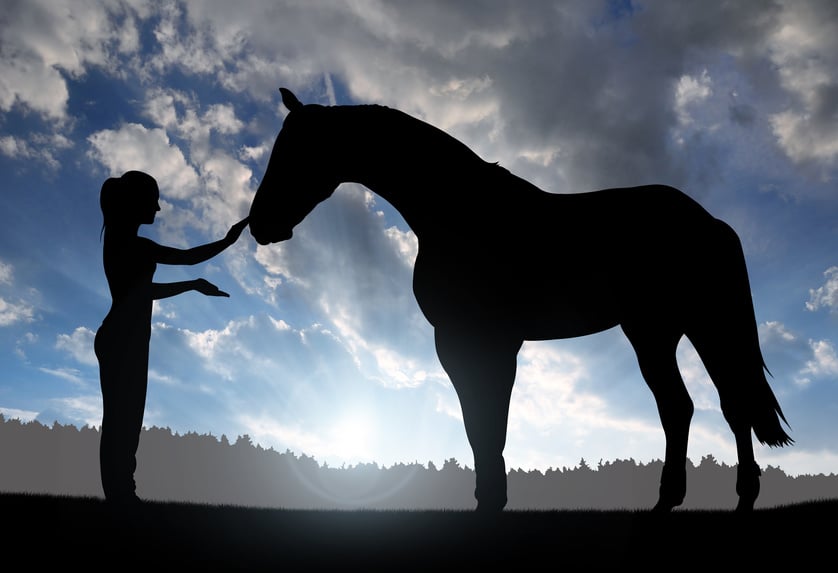
Special stories and experiences from fellow horse listeners

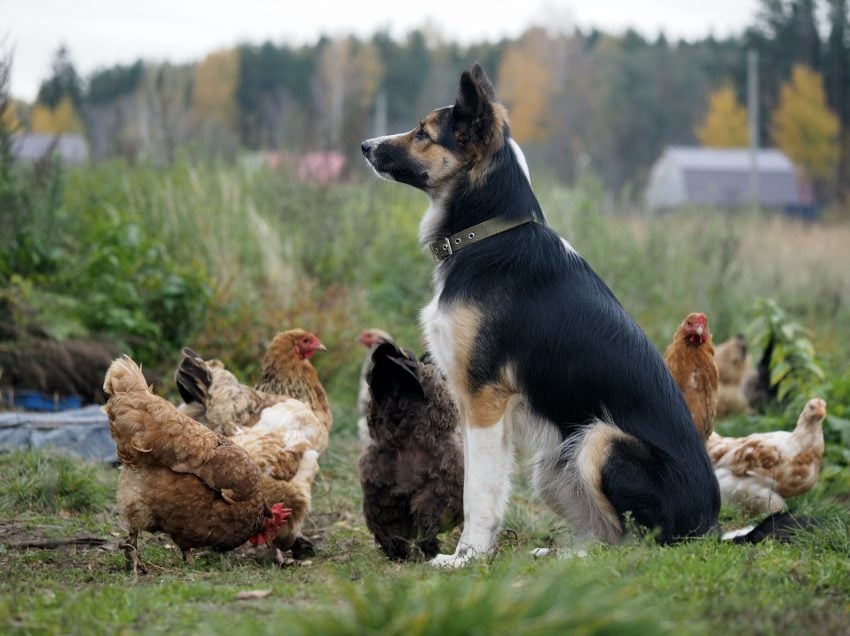
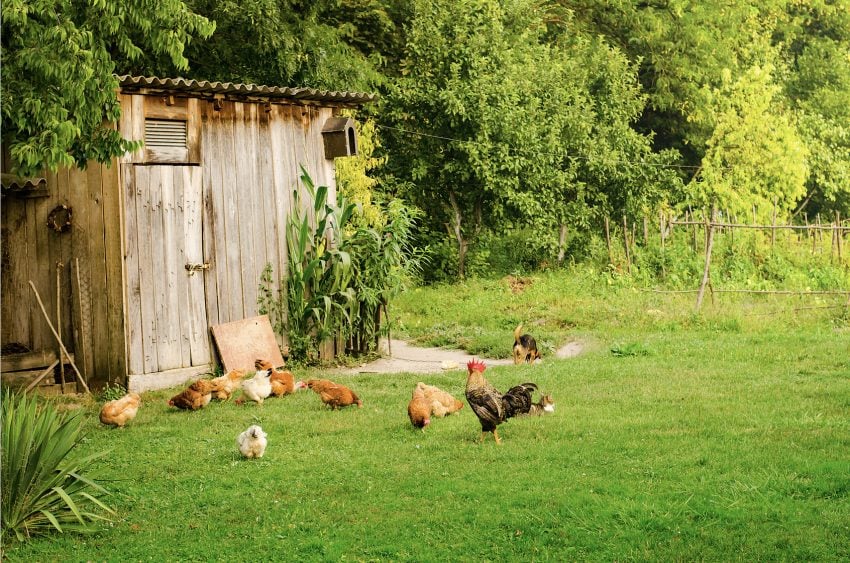

 AUTHOR BIO: Pat Rothchild is a psychotherapist with 36 years of practice under her belt. Shifting her perspective from trainer to student in relation to her horses, cats, dogs and chickens was a hugely productive step, as was the journey from western medicine to holistic healing. She feels plants and animals are stepping up to offer us paths toward healing our
AUTHOR BIO: Pat Rothchild is a psychotherapist with 36 years of practice under her belt. Shifting her perspective from trainer to student in relation to her horses, cats, dogs and chickens was a hugely productive step, as was the journey from western medicine to holistic healing. She feels plants and animals are stepping up to offer us paths toward healing our 



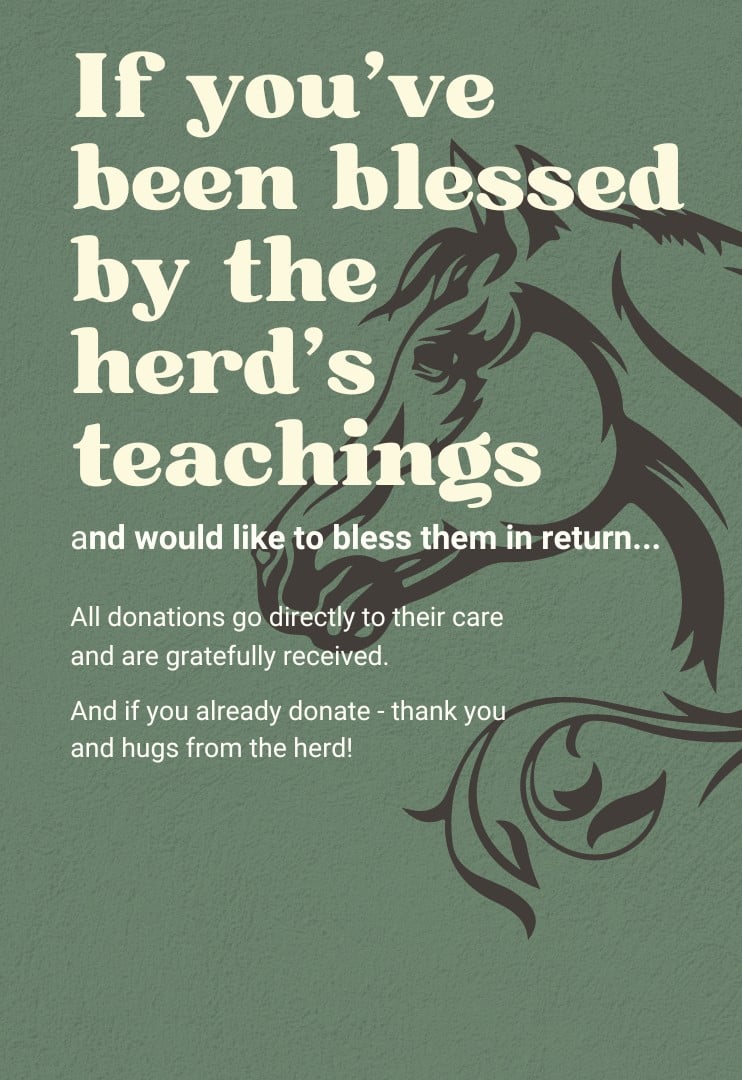
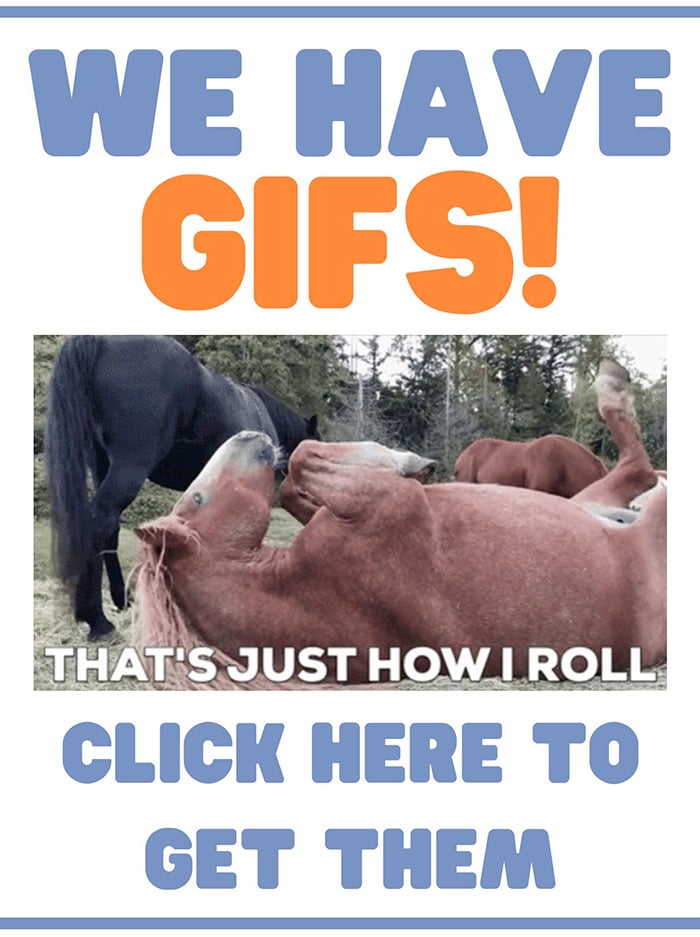

Wow Pat – this makes chickens seem so do-able! I always thought it would be challenging and so much responsibility. But this sounds so natural and no pressure.
I also appreciate the instructions on dog training VERY much. The only person I know who has free-roaming chickens and turkeys told me that, unfortunately, the only way to teach the dogs not to eat them is to catch the dogs in the act and then shame the hell out of them (not hit them, just shame them). But I like your method a whole lot better!
In fact, it reminds me of how we trained our dog and cats not to attack our guinea pig – and as you say, once they understood the guinea pig was part of the family, there was no problem. Fabulous article – thank you!
Oh, one question: If chickens are susceptible to similar pathogens as humans, does this also mean that if I have a cold or flu, I should be careful of sneezing/coughing and wear surgical gloves around the chickens to prevent passing it to them?
Chickens are easy and natural horse protectors, when you’ve thought through their needs. About 45-minutes before sunset, they become absolutely on point about tucking into their roosts. Until the sunrises, they are fully vulnerable. They’re basically paralysed at night.
They must have a fully protected roost during every minute of their rest. That protection might take the form of a length of 12″-wide PVC pipE in the horses’ shelter, a closed barn or a barn that’s constantly patrolled by horses and dogs in an indoor or outdoor area. Another easier way is to provide them with a coop that they can freely access during the day. You can get hatch closers that operate on a timer. The hatch closes and locks at sunset automatically and reopens at sunrise. Caution : the sun keeps time diffreentry than our clocks. We must keep the timer set to the SUN, not our watches.
The coop should be raised off the ground with a light ramp that will not support the weight of raccoons and foxes. Rats and snakes can be attracted to chickens too. When I was a kid, we kept a coup in the stable, along with an extended family of cats and a team of dogs. Rats, mice, snakes, raccoons and foxes were effectively deterred.
Aside from protection, they thrive with high-quality, fresh water, Non-GMO, organic feed and love. Their best diet is mostly the foliage that we humans think of as pests. When outdoors, they need trees or shrubbery they can tuck under to avoid attack from above. Hawks love chickens too.
Mostly, they depend on each other to keep a lookout for predators. They’re fiercely protective of one another. The other barnyard critters will follow your lead. Even without human intervention, horses and chickens are adept at working out their symbiosis.
I don’t know if we pass viruses to chickens. Logic indicates that is a 2-way street. My cats catch viruses from me, so I imagine that chickens do too.